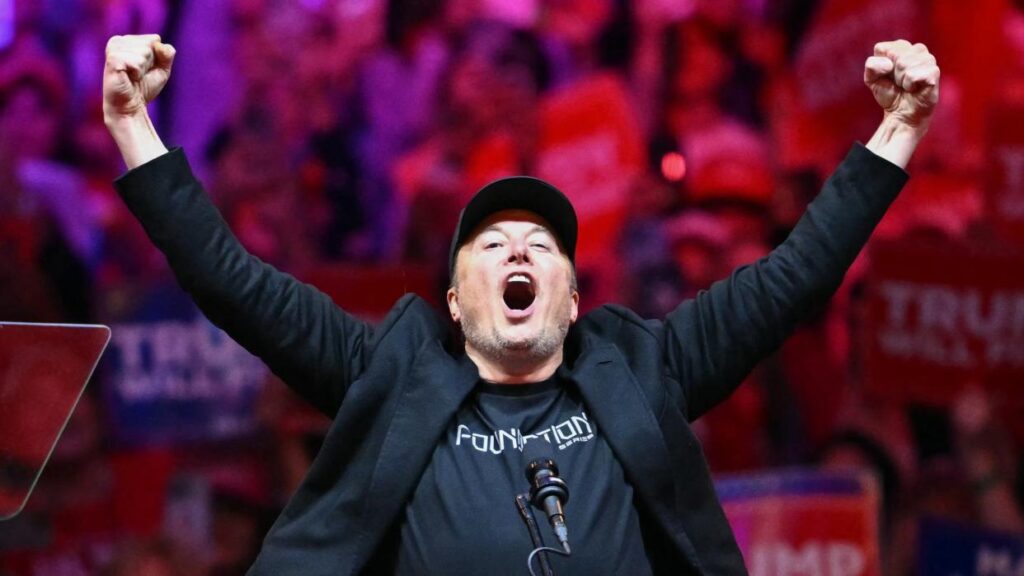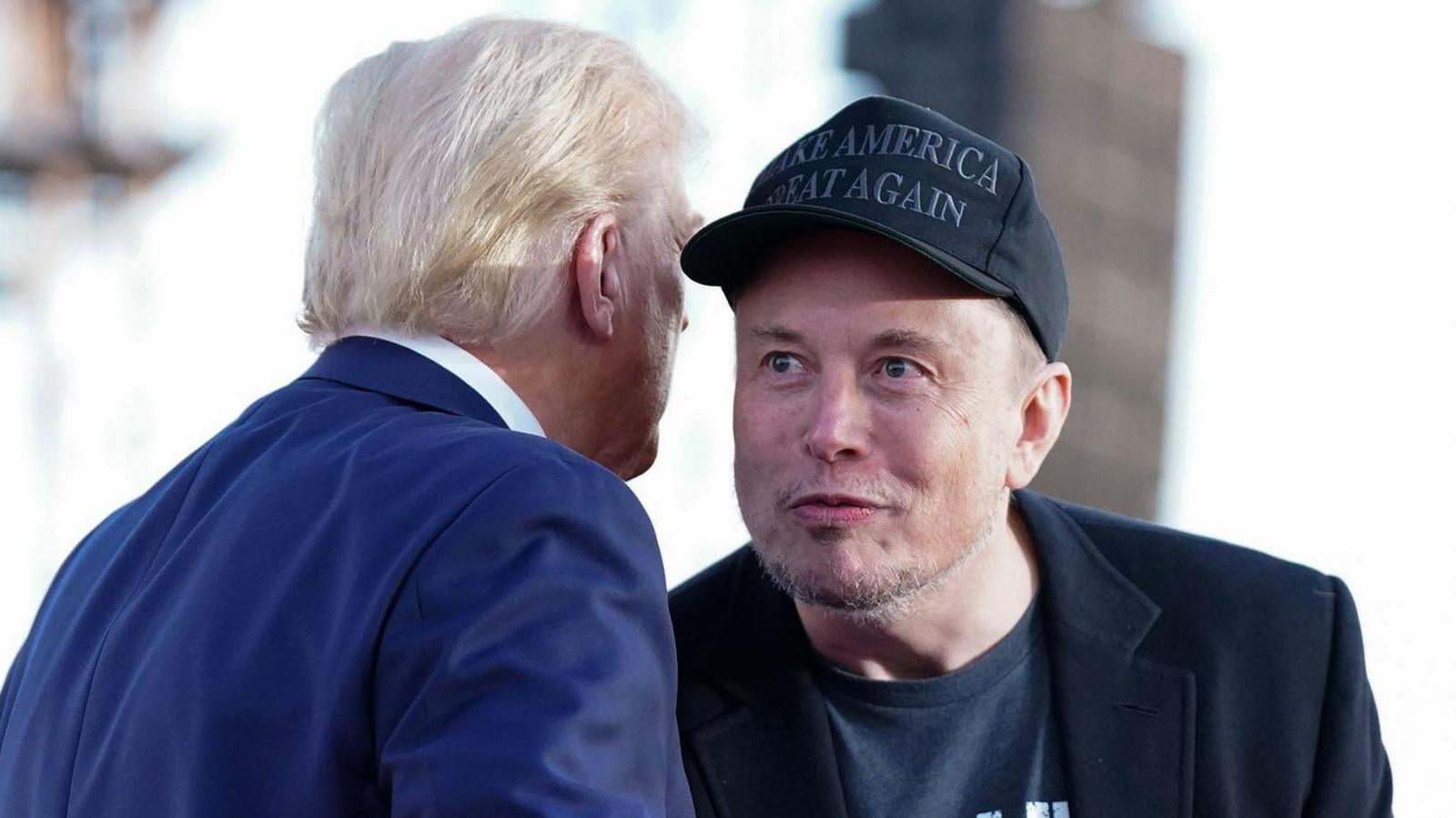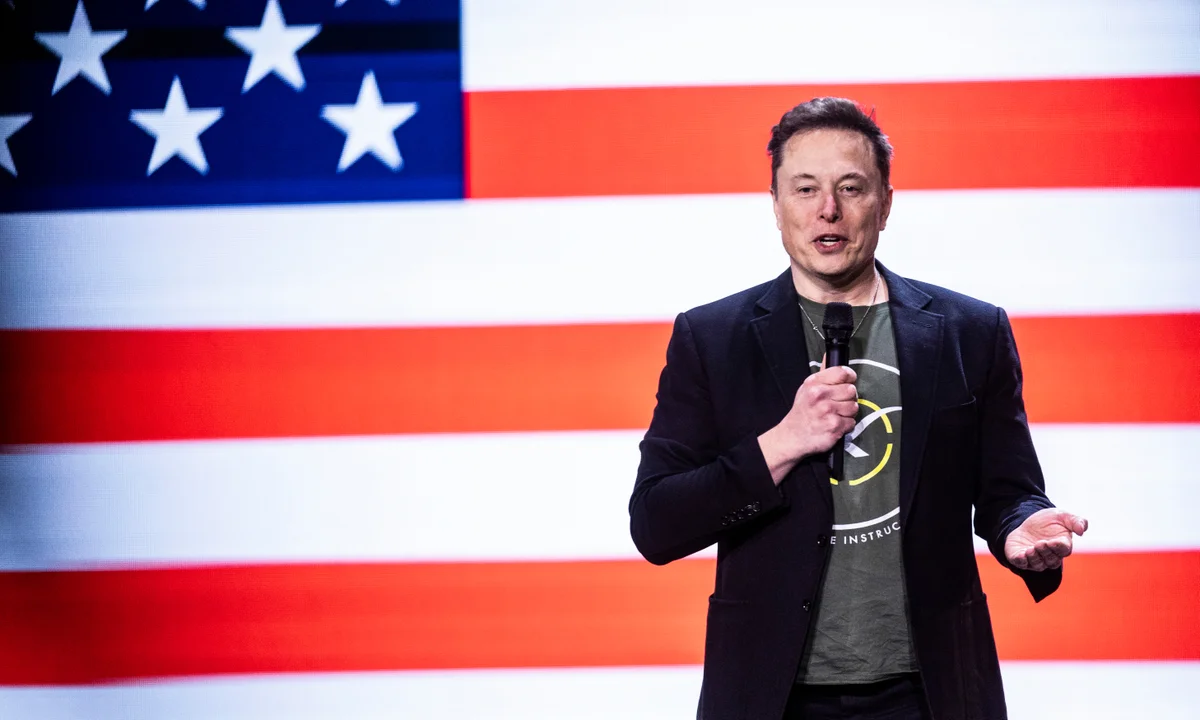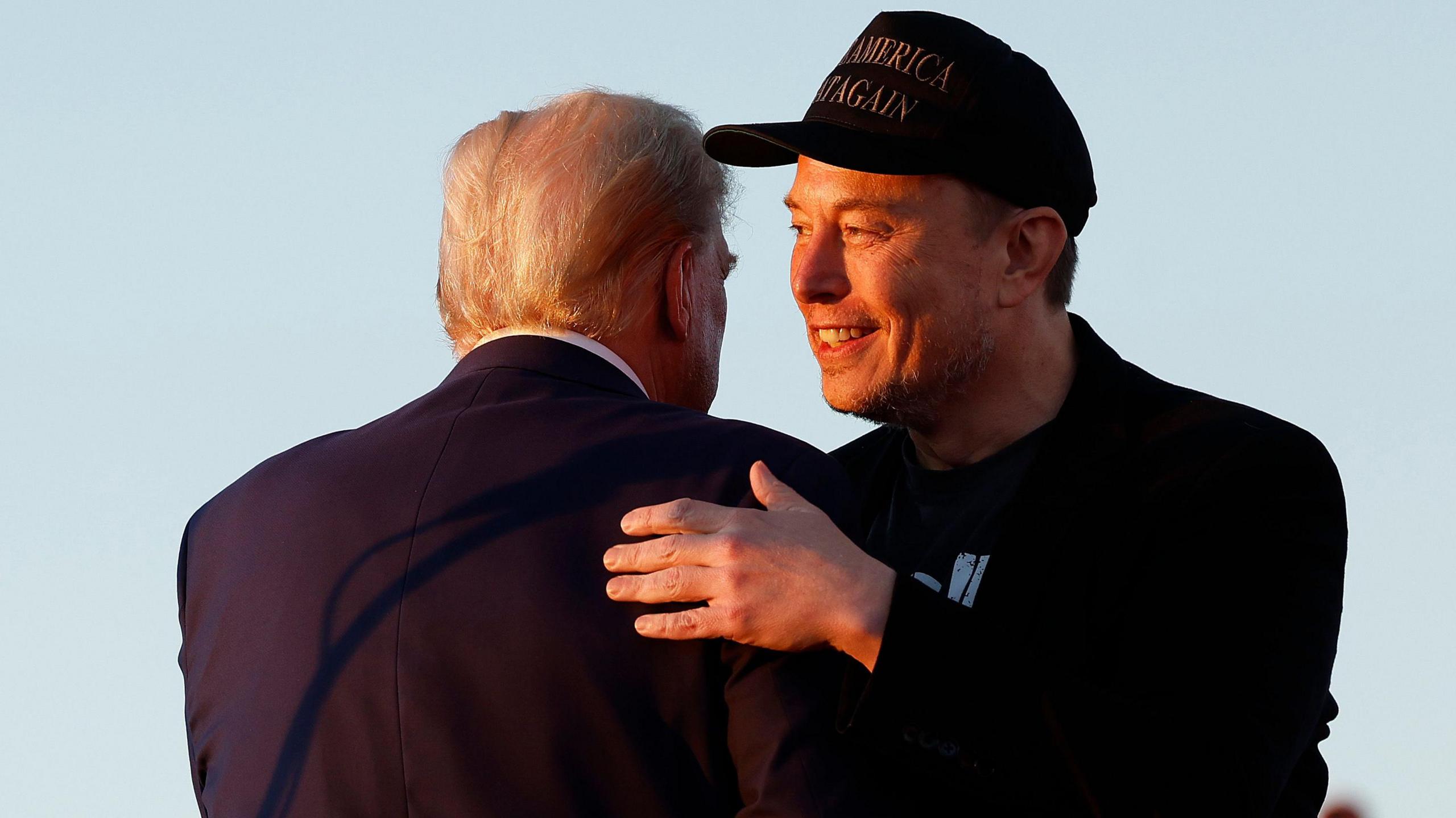
In a fiery exchange that has captured global attention, Elon Musk, the CEO of Tesla and SpaceX, has issued a bold response to UK Members of Parliament who have threatened to summon him over allegations of promoting disinformation through his social media platform, X. This controversy comes amid rising concerns over the impact of AI-generated content and its potential to mislead and cause harm.

Musk’s Standoff with British Politicians
The drama unfolded when Labour’s select committee chairwoman, Chi Onwurah, publicly called on Musk to address accusations of disseminating “pure disinformation.” This invitation, linked with a Commons inquiry into harmful AI content, marks a significant escalation in the scrutiny of tech moguls on the international stage.
Reacting to these developments, Musk didn’t mince words, warning that the tables could turn with UK MPs potentially having to justify their actions on American soil. His statement came after a dire prediction by Ian Miles Cheong, a Malaysian political commentator, who described the committee’s invitation as a “trap” that could lead to Musk’s detention and invasive scrutiny at the UK border.
The Core of the Controversy
At the heart of the issue are the events of the summer riots and the role Musk’s platform played in the spread of what some call disinformation. Onwurah’s call for Musk’s testimony is part of a broader attempt to understand the influence of social media giants in shaping public perceptions and actions.

Musk’s retort was not only a refusal to be intimidated but also a critique of the UK’s approach to freedom of expression. His remarks echo his previous criticisms where he branded the UK a “police state,” particularly after a care worker was jailed for livestreaming riots—an act that Musk sees as a gross misuse of justice, especially in a nation that, according to him, was releasing convicted individuals of serious crimes.
Political Repercussions and Broader Implications
The standoff has not gone unnoticed, with Downing Street choosing to stay above the fray, declining to comment directly on Musk’s remarks. Meanwhile, within Labour, there is a palpable reluctance to engage in a spat with Musk, despite some members seeing an opportunity to bridge trans-Atlantic ties through figures like Nigel Farage, who is suggested as a mediator between Musk and prominent US political figures.
Peter Mandelson, a senior Labour figure, emphasized on a Times Radio podcast the need for the UK to “swallow your pride” and engage more openly with influential figures like Musk to foster better international relations and perhaps, temper potential escalations.

Looking Ahead
As tensions simmer, the global community watches closely. The issue at stake is not just about one man’s stance against a government body but underscores a growing global dialogue about the power of social media, the responsibility of its moguls, and the governance of technology that can shape realities across borders.
This saga between Elon Musk and UK lawmakers illustrates the complex web of technology, politics, and international diplomacy. As both sides hold their ground, the outcome of this dispute could set precedents for how tech leaders and governments interact in an increasingly digital world.
